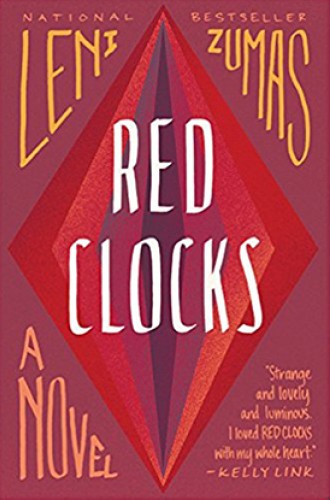A fictional world where abortion and IVF are illegal—and the women who live there
Leni Zumas's novel makes a political point. More importantly, it cultivates empathy.
In the midst of a plethora of new novels reflecting on the fate of women’s reproductive freedom, it would be easy to read Leni Zumas’s contribution primarily through a political lens. Like others, she uses the genre of near-future dystopia to imagine women’s lives and choices when reproductive rights have been curtailed. But to read Red Clocks as essentially a political novel is to miss its beauty and the depth of its reflections on desire, love, and choice.
Following the unexpected outcome of a presidential election, a Personhood Amendment to the Constitution is ratified, which gives the right to “life, liberty, and property to a fertilized egg at the moment of conception.” Not only does the amendment outlaw abortion, it also bans IVF treatment because embryos “can’t give their consent to be moved” from laboratory to uterus. A further law about to go into effect will prevent unmarried persons from adopting children. This law is intended to “restore dignity, strength, and prosperity to American families.”
Zumas spends little of the book explaining these laws or how they came into being. Instead, she plays out their consequences in the lives of four women who offer distinct narrative perspectives. One of them, called “the daughter,” wants an abortion. “The biographer” wants a child but cannot conceive. “The mender” uses herbal medicine to help women who want to conceive and those who want to illegally abort. The fourth woman stands out as someone whose options are not directly affected by the laws. “The wife,” as she is called, is married and has two biological children. Still, she finds herself desperately unhappy.





